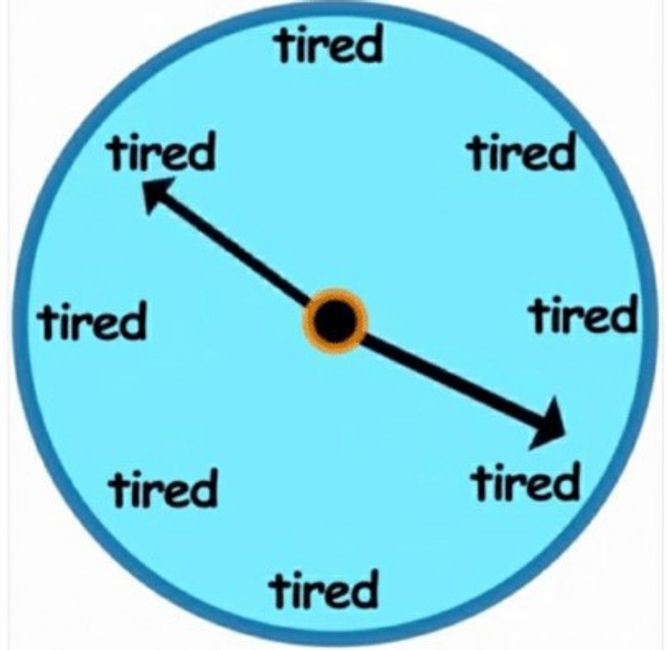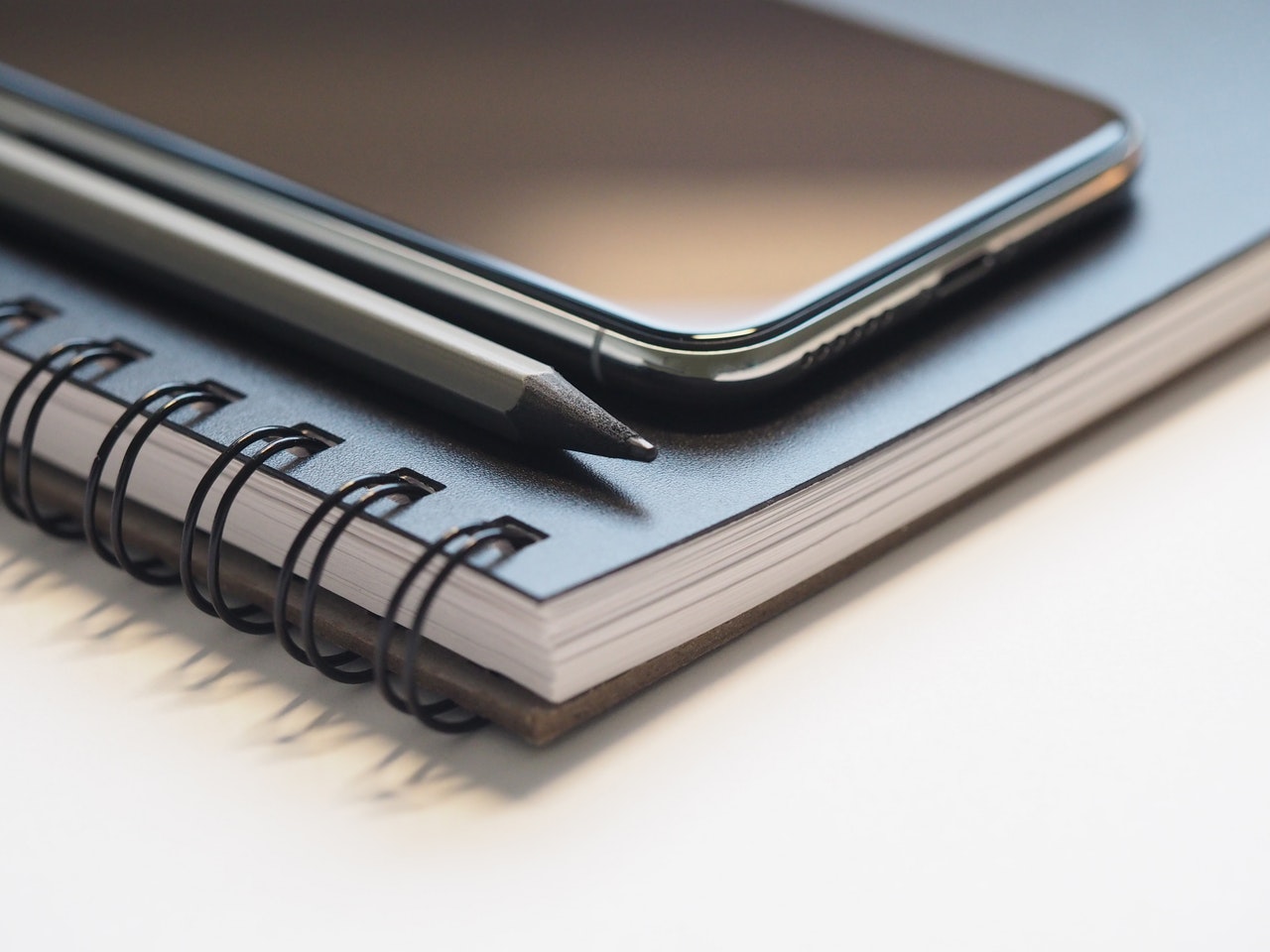
Helene Kinsler Construction Management, Design Engineering, Highways and Traffic...
Are you a night or day person? Does it/should it affect your working week?
Body Clock – technically called Circadian Rhythms – are internal variations in the body that are controlled by the brain in a 24-hour cycle – basically telling us when to wake up/sleep/eat etc.
How often have you adjusted the time of your alarm clock, but when the sound goes off as an indication to wake up, your body thinks otherwise? The snooze button is an excellent invention!
Research (BBC News) has stated that even when people have a regular routine of sleep and wakefulness we are all different – some are night owls others have bounds of energy during the day.
My body clock wakes me up at 5.30 – 6am daily (whether a week day or week end). After my usual coffee fix I am raring to go, and can fill my day with lots of activities. However, by 6-7pm I am flagging and waiting for the call of darkness and bedtime. One of my friends however, is the total opposite – body clock wakes her up around 9-10am daily, and she can stay active and awake until around 10pm when I am happily zzzzzz away.
So, as we are totally different, why do we keep the same office hours? Why can’t we work the same hours weekly/monthly but spread them over different times of the day? After all study has shown that the most productive time of the day for a majority of offices is between 10am – 3pm. Would it help for employers to offer flexitime, with the productive hours of the day being compulsory?
One thing is certain – you will never get everyone to agree on what time is best to start your working day.
A study in the UK showed that two thirds of employees preferred to start work earlier than the traditional 9am start and finish before 5pm – with 8am - 4pm being the most popular times. However, in London a majority wanted to start work after 10am to make commuting more comfortable.
What matters most is not when we start work, but when we have to wake up.
So who are you? Morning person or Night Owl? And what hours would suit you best?
Acknowledgement: BBC News; National Sleep Foundation
